Introduction to WebBizMagnet.com Hardware
WebBizMagnet.com hardware covers a wide range of computer components and peripherals essential for building, upgrading, and maintaining modern computing systems. Whether you are a tech enthusiast, a gamer, or a professional, understanding hardware specifications and compatibility is crucial for optimal performance. This guide provides in-depth insights into every aspect of computer hardware, making it easier for you to make informed decisions.
Understanding Computer Hardware
Computer hardware consists of physical components that form the foundation of a computing system. These include the CPU, motherboard, RAM, storage devices, GPU, and other essential peripherals. Each component has a unique role, ensuring the smooth functioning of the system.
CPU (Central Processing Unit)
The CPU is often referred to as the “brain” of the computer. It processes instructions and executes commands, making it a crucial component of any computing system.
Key Specifications of a CPU:
- Clock Speed: Measured in GHz, higher speeds mean faster processing.
- Cores and Threads: Multi-core processors offer better multitasking capabilities.
- Cache Memory: Stores frequently used data for quick access.
- Power Consumption: Determines energy efficiency and thermal output.
Motherboards and Chipsets
The motherboard acts as a communication hub, connecting all hardware components. It determines compatibility with CPUs, RAM, GPUs, and storage devices.
Types of Motherboards:
| Form Factor | Size | Suitable For |
|---|---|---|
| ATX | Large | Gaming & Workstations |
| Micro-ATX | Medium | Budget PCs |
| Mini-ITX | Small | Compact Builds |
Memory (RAM)
RAM (Random Access Memory) temporarily stores data that the CPU accesses frequently. It plays a crucial role in system speed and multitasking.
Types of RAM:
- DDR3 – Older and slower, but still in use.
- DDR4 – Faster and widely used in modern systems.
- DDR5 – The latest and most efficient RAM with higher speeds.
Storage Devices
Storage solutions have evolved significantly, with SSDs replacing traditional HDDs for better speed and efficiency.
Comparison of HDD vs. SSD:
| Feature | HDD | SSD |
| Speed | Slow | Fast |
| Durability | Prone to damage | More reliable |
| Price | Cheaper | Expensive |
Graphics Processing Unit (GPU)
The GPU is responsible for rendering graphics, making it essential for gaming, video editing, and AI applications. Choosing the right GPU depends on workload requirements and budget constraints.
Top GPU Brands:
- NVIDIA (GeForce Series)
- AMD (Radeon Series)
- Intel (Integrated Graphics)
Power Supply Unit (PSU)
The PSU converts electrical power and distributes it to all components. A reliable PSU ensures system stability and prevents hardware failures.
Choosing the Right PSU:
- Wattage calculation based on total system power consumption.
- Efficiency ratings like 80+ Bronze, Silver, Gold, and Platinum.
- Modular vs. Non-Modular PSU for cable management.
Building and Upgrading Your PC
Building a PC involves selecting compatible components and assembling them correctly. Upgrading existing hardware can enhance performance without replacing the entire system.
Common Upgrade Paths:
- Increasing RAM for better multitasking.
- Switching from HDD to SSD for faster load times.
- Upgrading the GPU for better graphics performance.
- Replacing the PSU to support new components.
Troubleshooting Common Hardware Issues
Even high-quality hardware can encounter issues. Knowing how to troubleshoot helps maintain system reliability.
Common Hardware Issues and Fixes:
- System not booting: Check power supply and cable connections.
- Overheating: Clean dust and improve cooling solutions.
- Frequent crashes: Update drivers and check for faulty components.
- Slow performance: Upgrade RAM and storage.
Future of Computer Hardware
Advancements in technology continue to push the boundaries of computing power. AI-powered processors, quantum computing, and energy-efficient hardware are shaping the future of the industry.
Frequently Asked Questions
Q1: What is the best CPU for gaming? A: High-end gaming requires CPUs like the Intel Core i9 or AMD Ryzen 9 for optimal performance.
Q2: Can I upgrade my laptop’s graphics card? A: Most laptops have integrated GPUs, but some high-end models support external GPUs (eGPU) for upgrades.
Q3: How do I know if my motherboard supports a new CPU? A: Check the motherboard’s chipset and compatibility list on the manufacturer’s website.
Q4: Is it better to build or buy a prebuilt PC? A: Building offers customization and cost efficiency, while prebuilt PCs provide convenience and warranty support.
Q5: What is the difference between NVMe and SATA SSDs? A: NVMe SSDs are significantly faster than SATA SSDs due to their PCIe interface.
Conclusion
WebBizMagnet.com hardware provides a vast selection of components that cater to different user needs. Understanding the key specifications and compatibility of each hardware component ensures a smooth computing experience. Whether you’re building a new PC, upgrading an existing system, or troubleshooting hardware issues, this guide serves as a comprehensive resource to help you make informed decisions.
Recommended Articles:
- FTSE All-Share Index: Comprehensive Guide to Ftasiastock Business News
- How Orthodontics Can Improve Your Smile and Boost Your Confidence
- The Benefits of Invisalign for Teens and Adults
- The Ultimate Guide to iZoneMedia360.com Tech Innovation
- The Ultimate Guide to 5StarsStocks.com to Buy Stocks Smartly
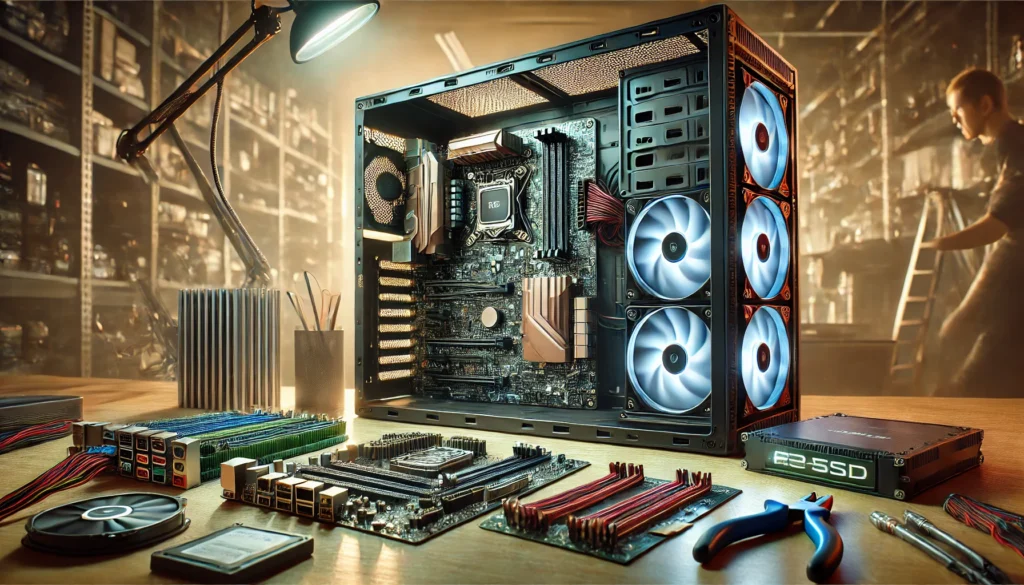
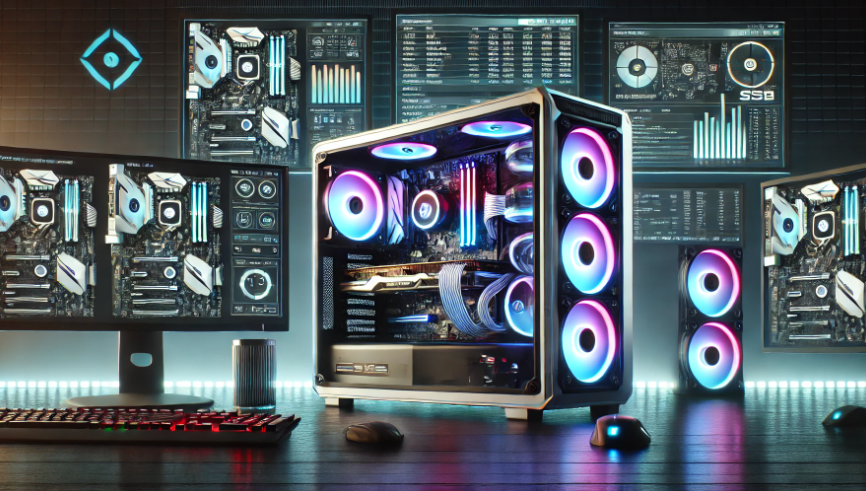

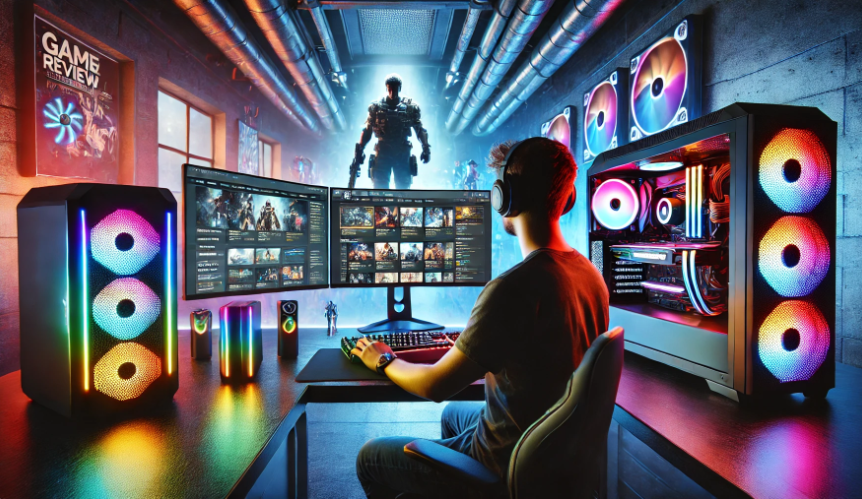

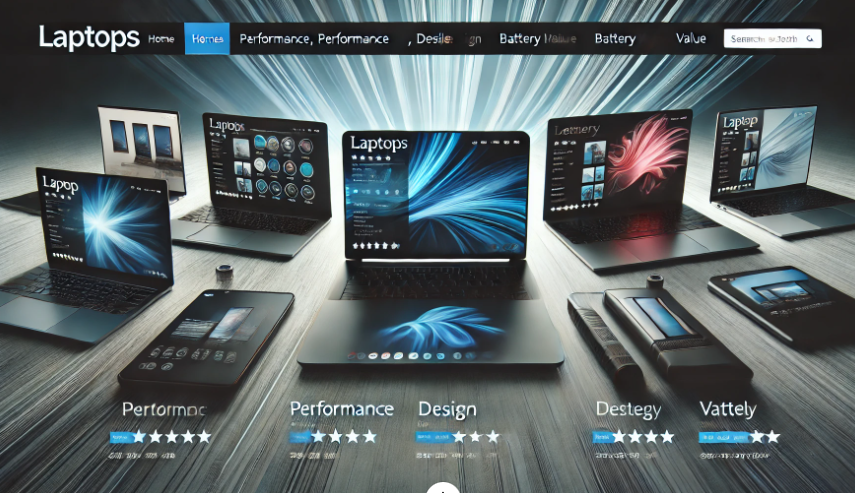

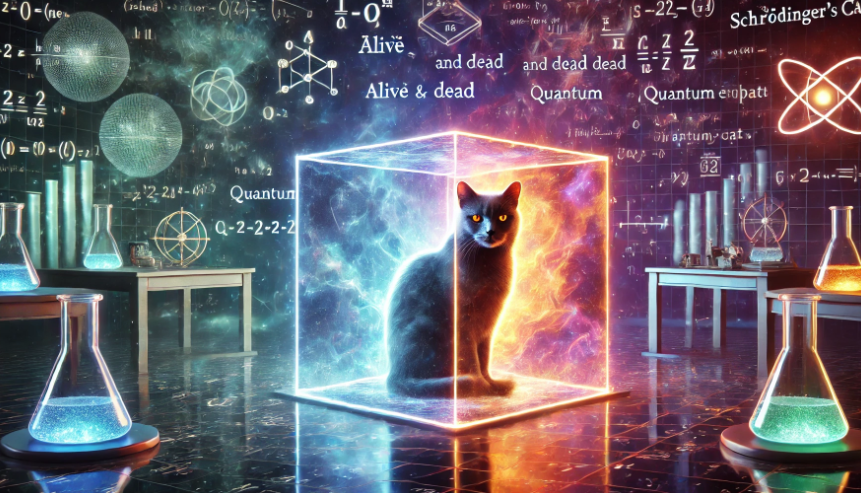
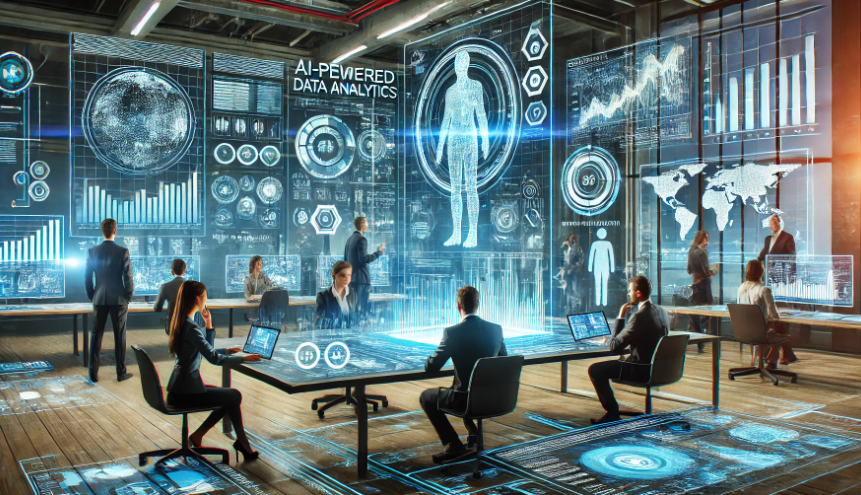

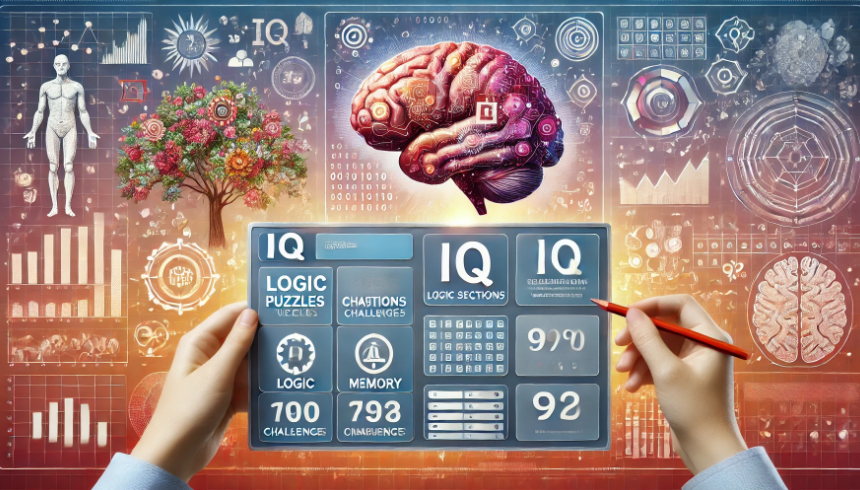








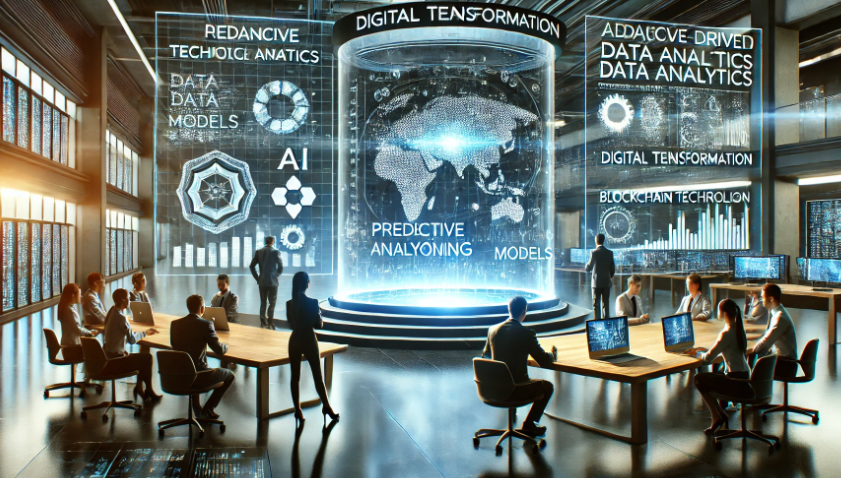



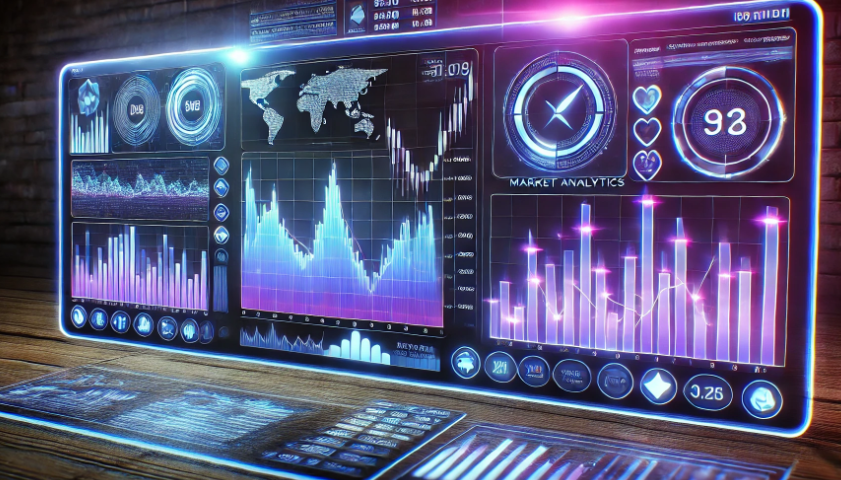


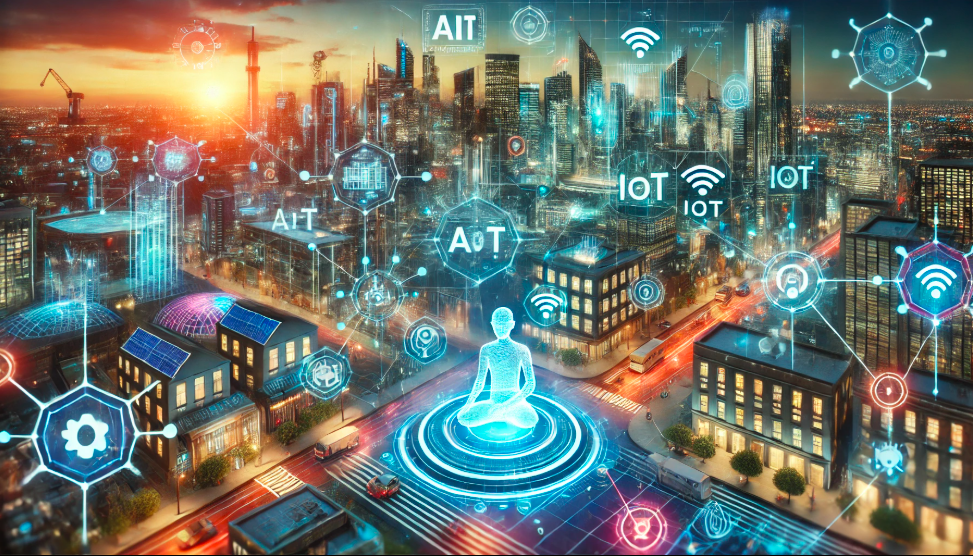


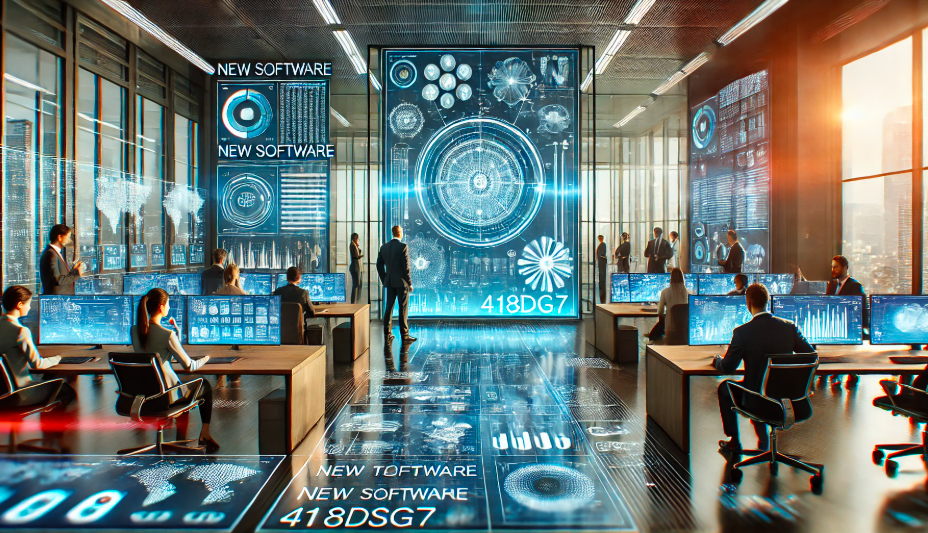

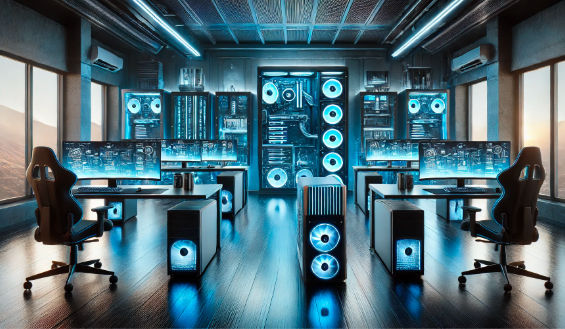
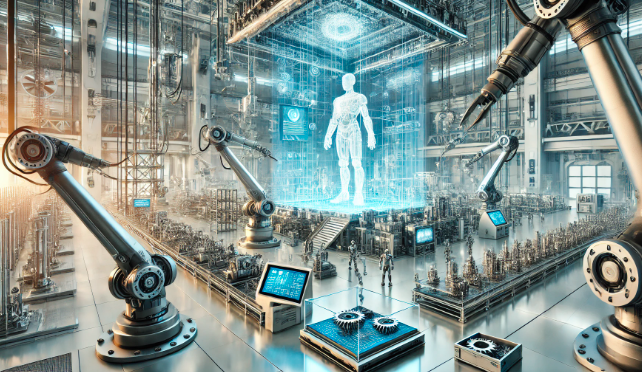




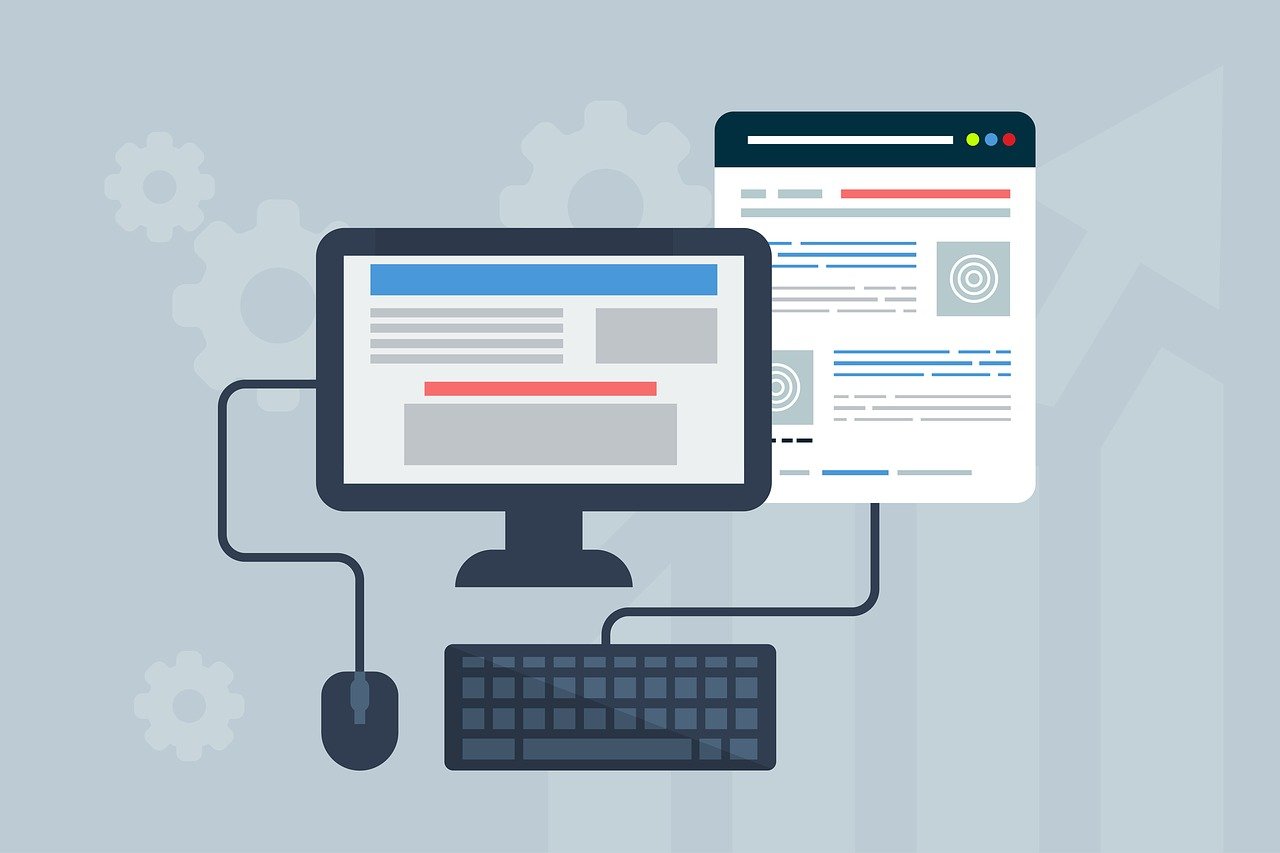

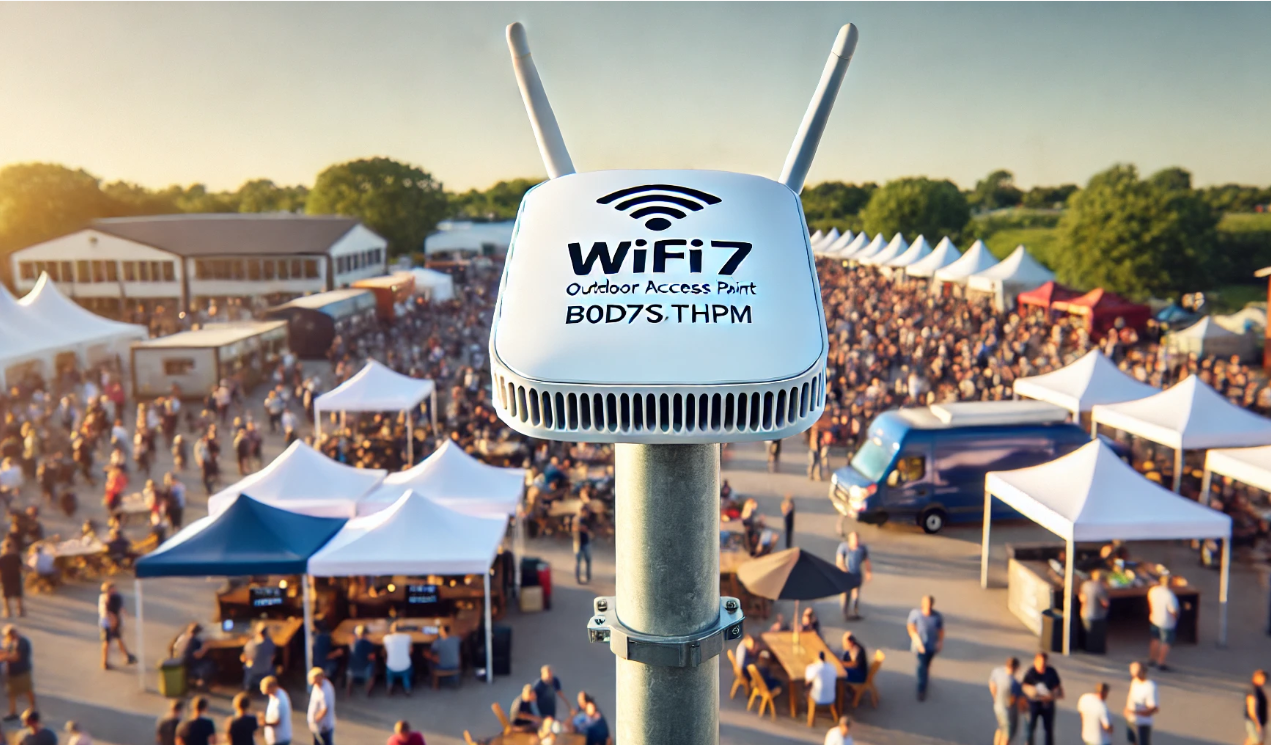

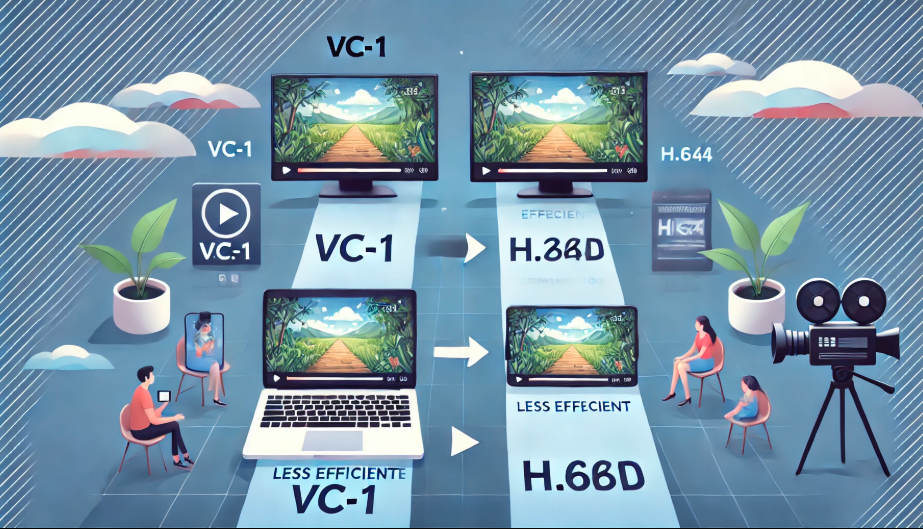

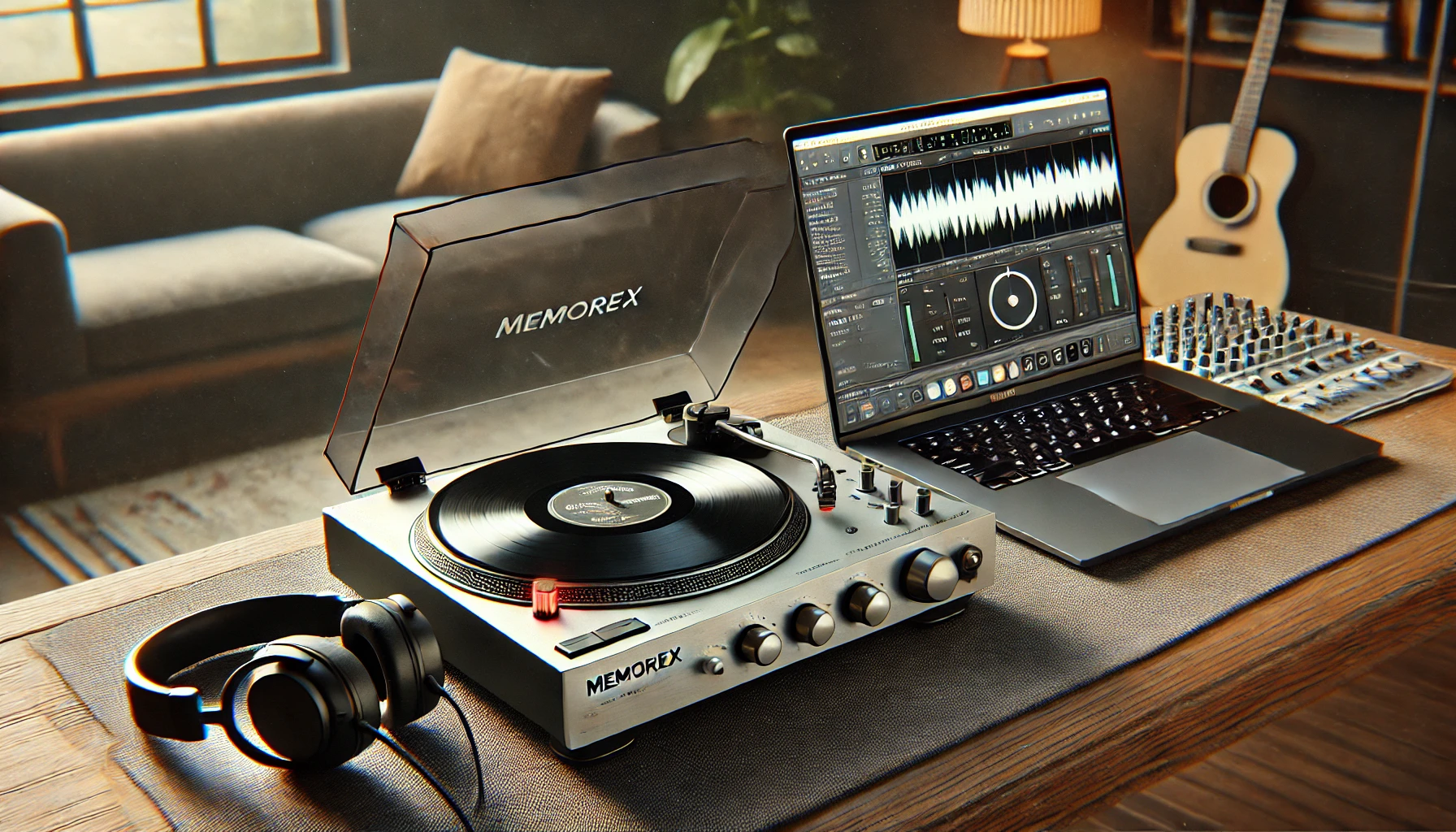

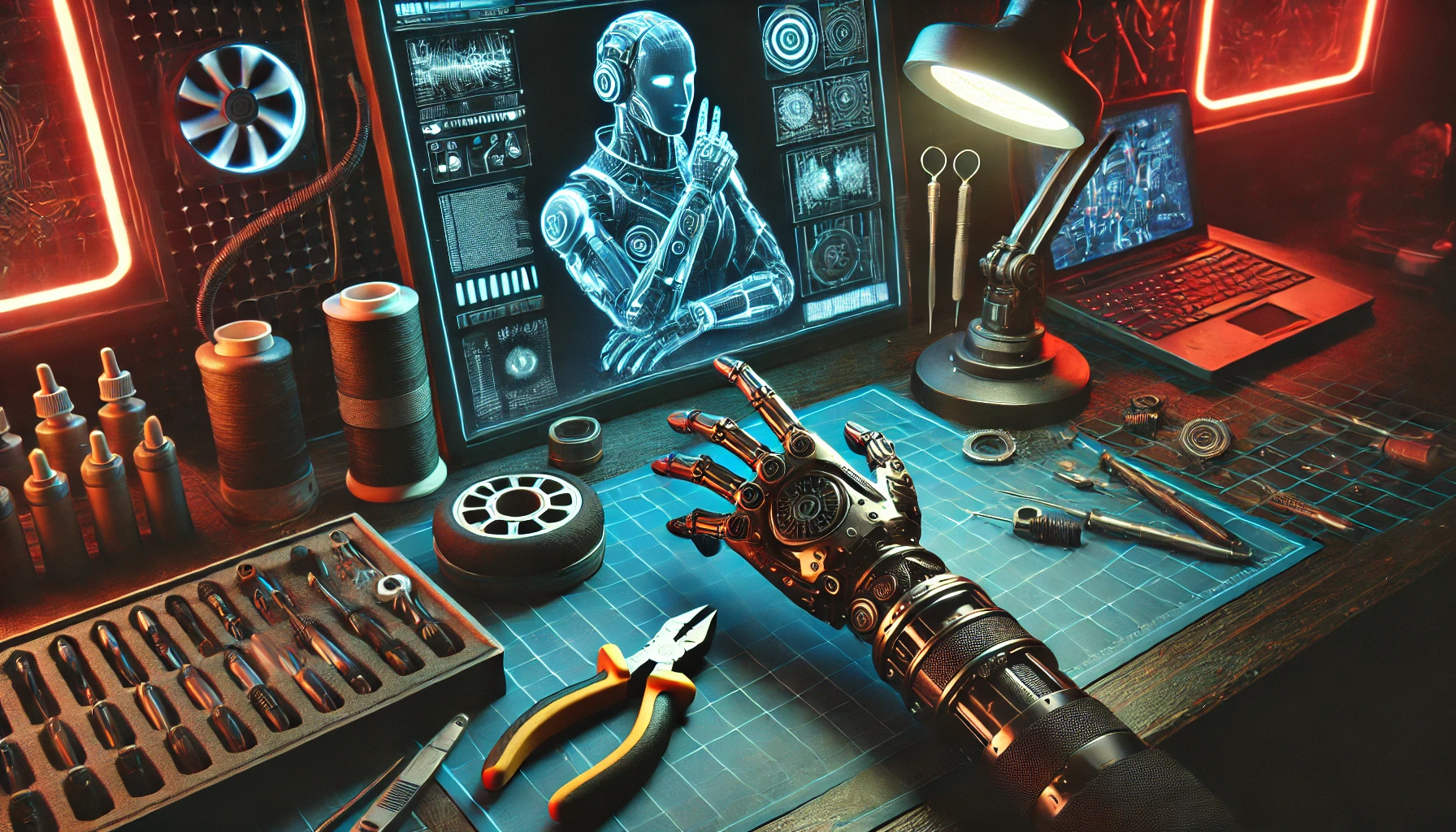
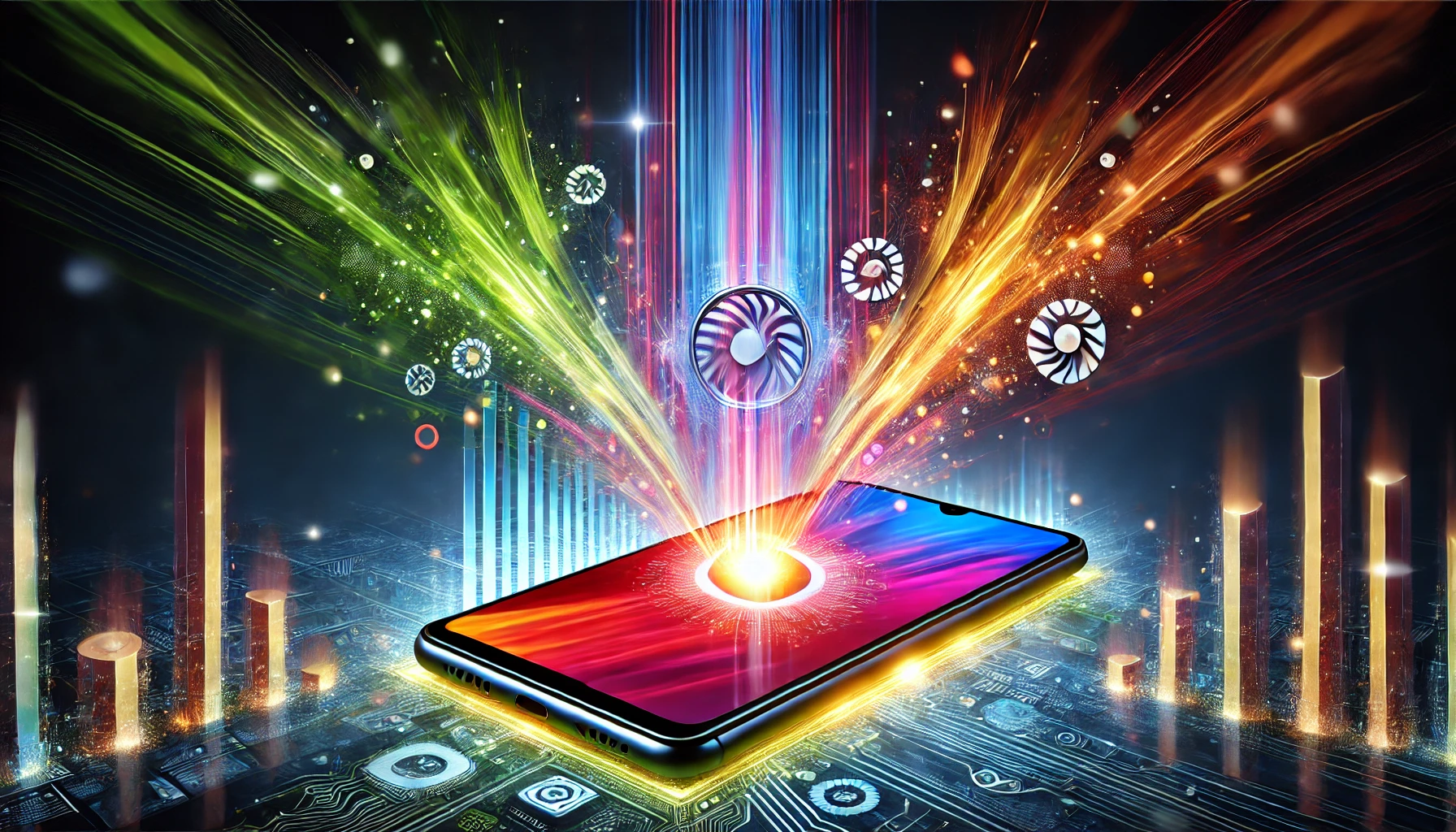

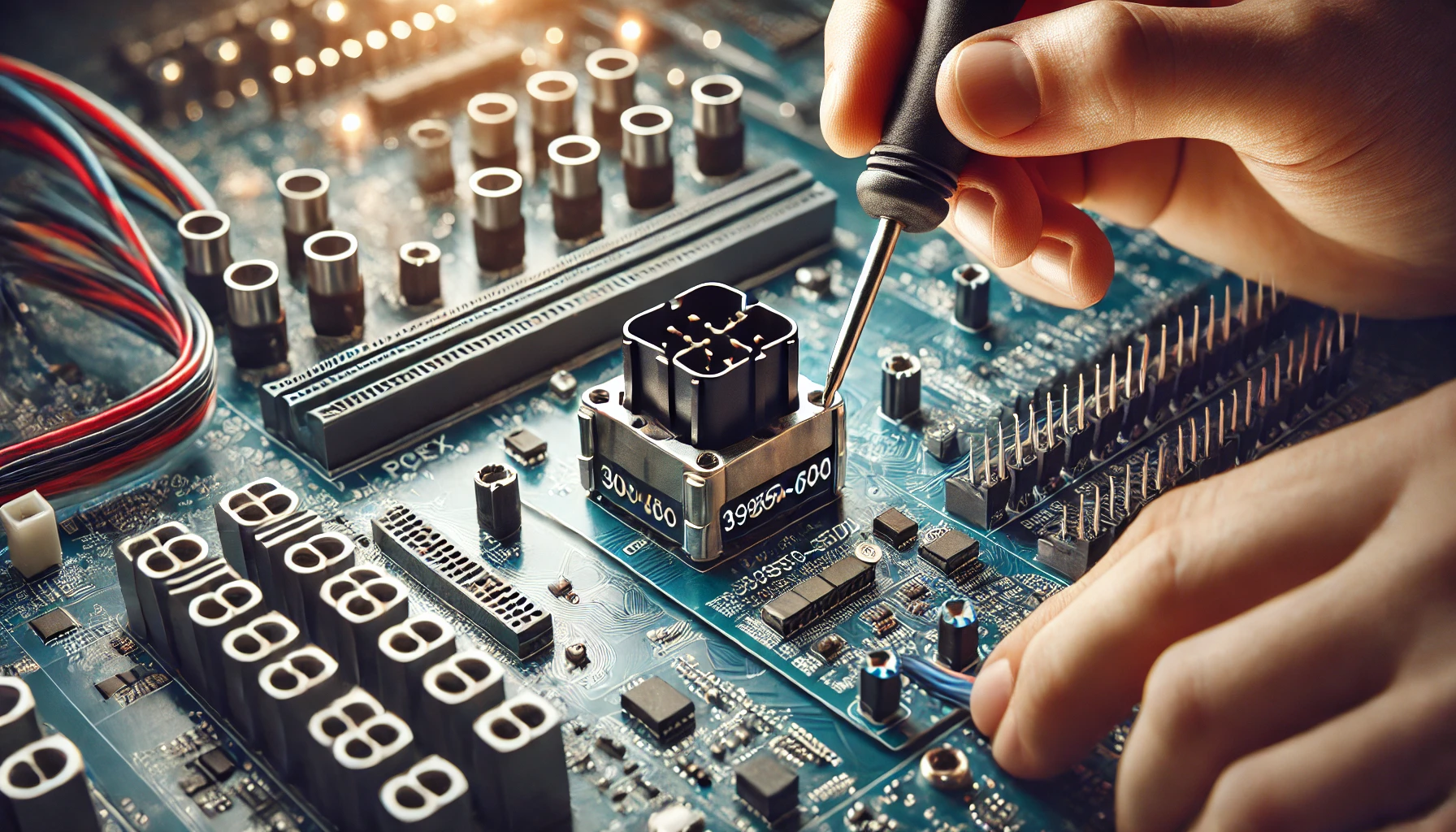
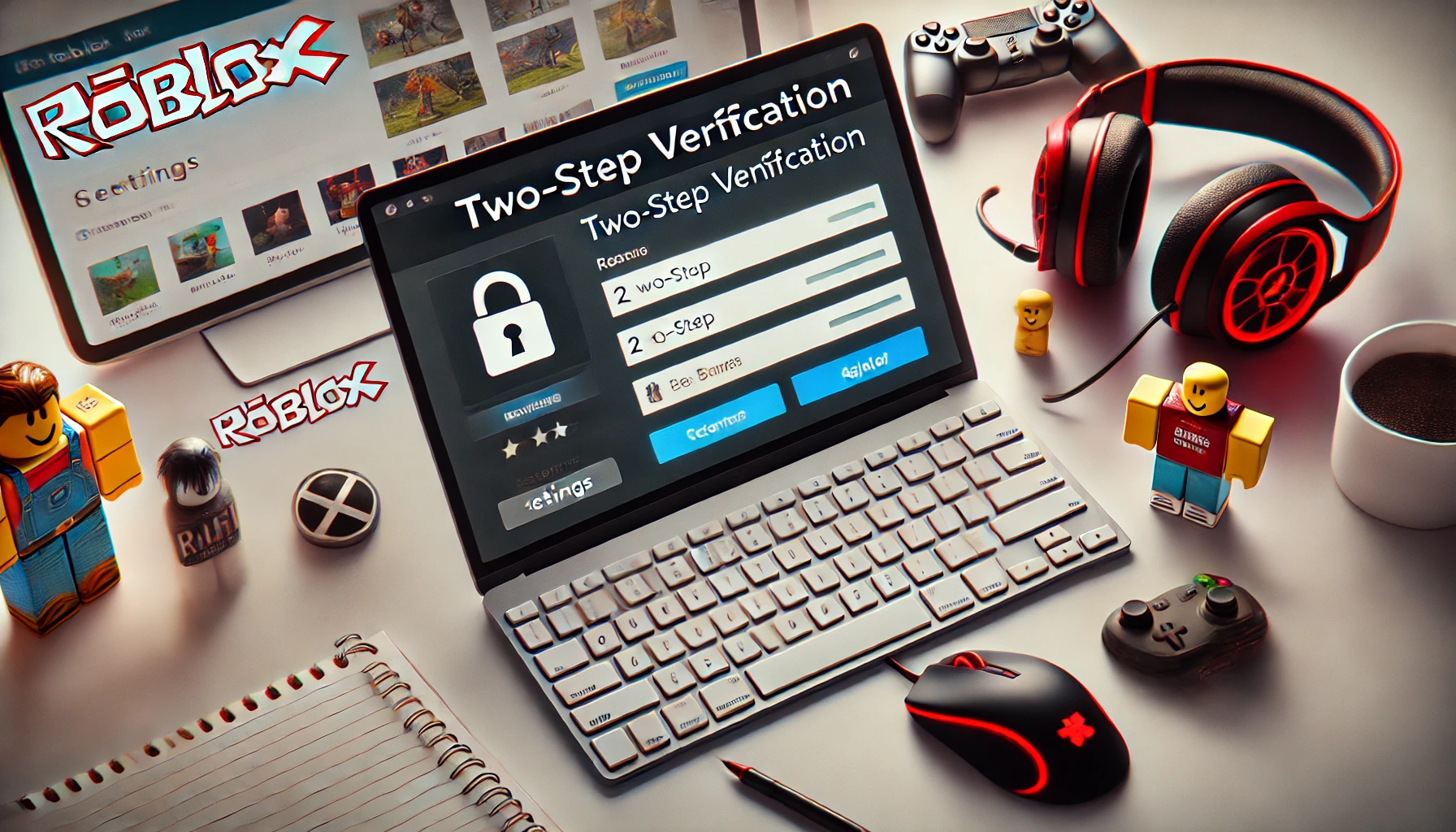
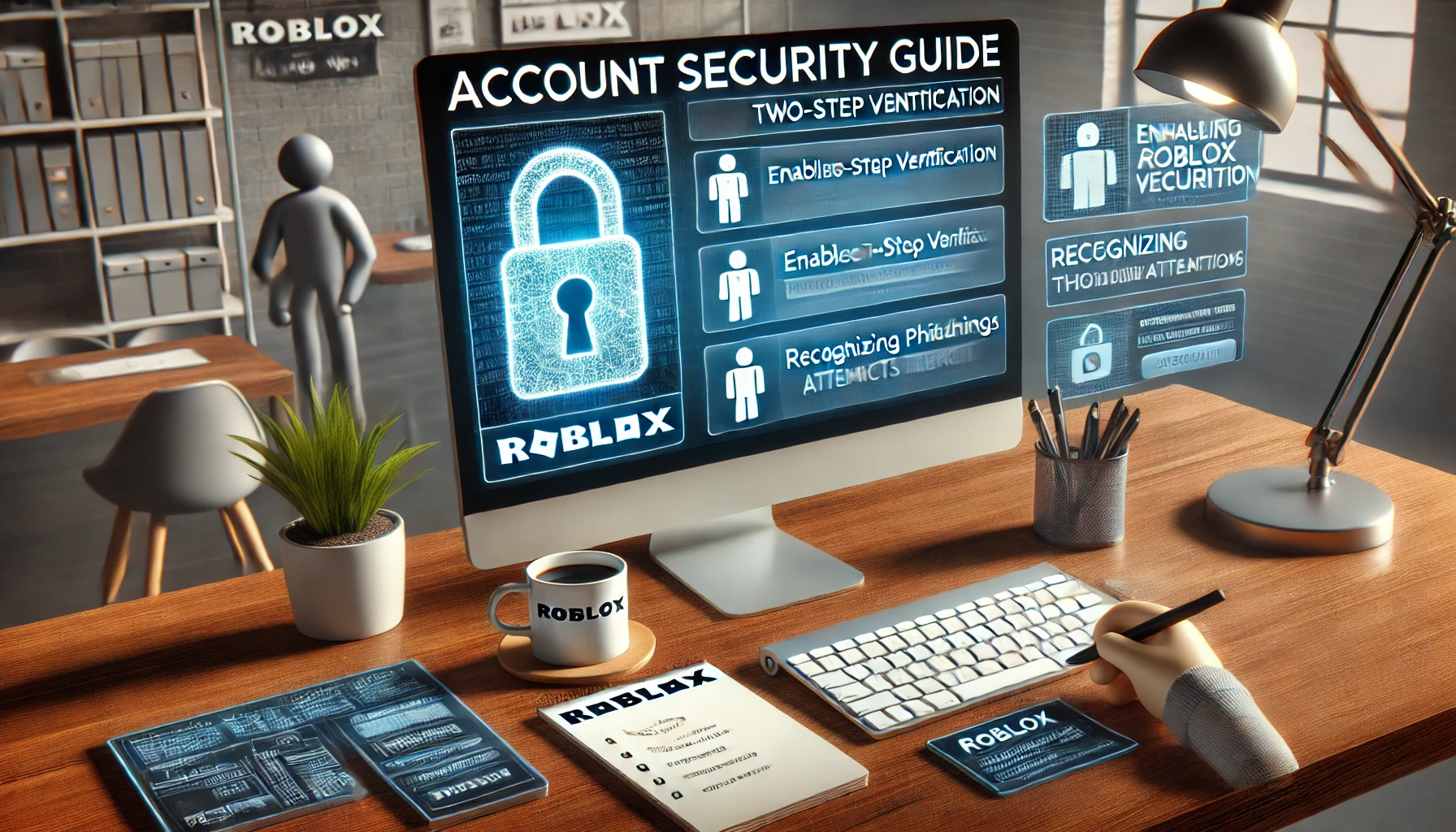
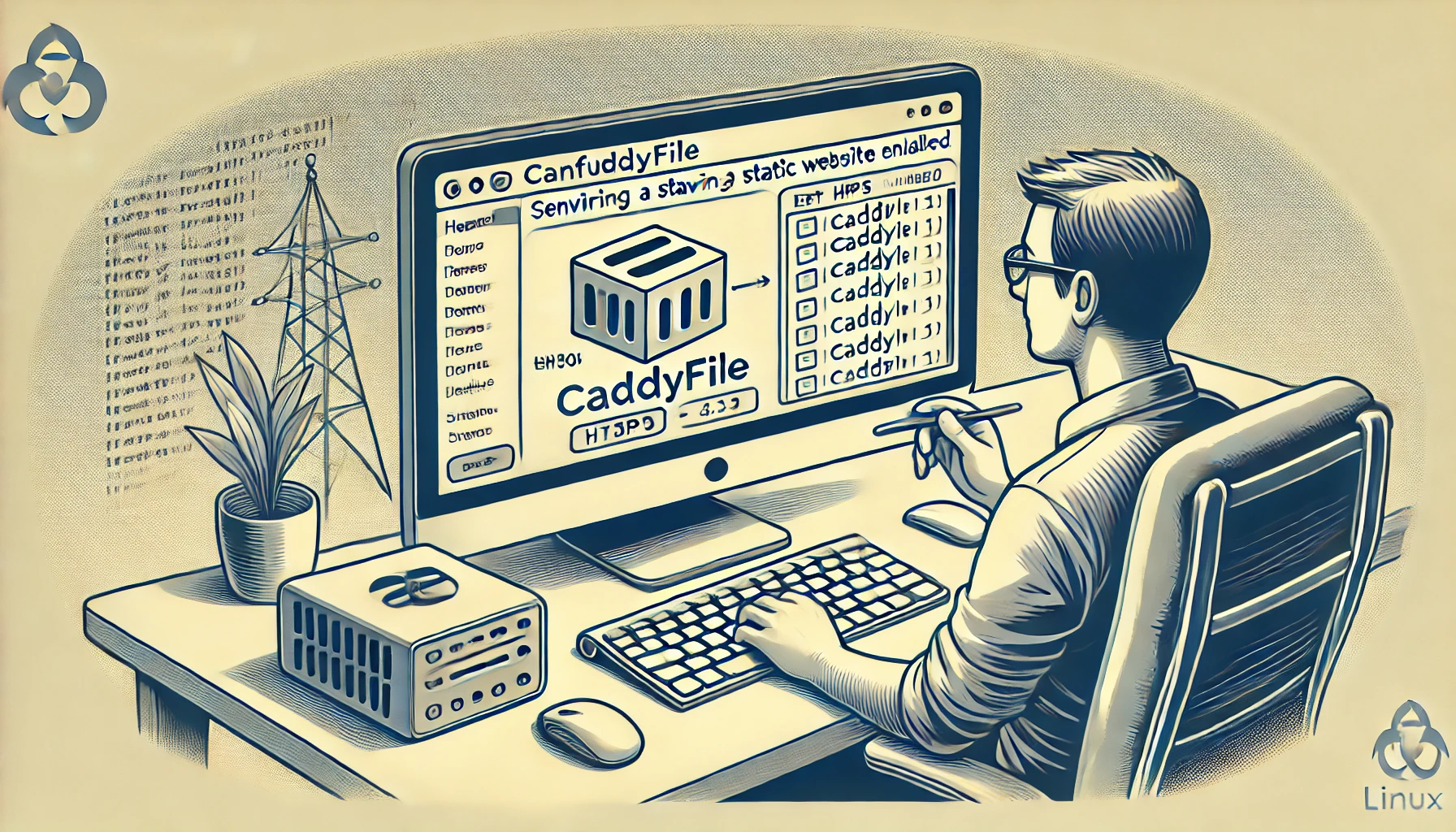

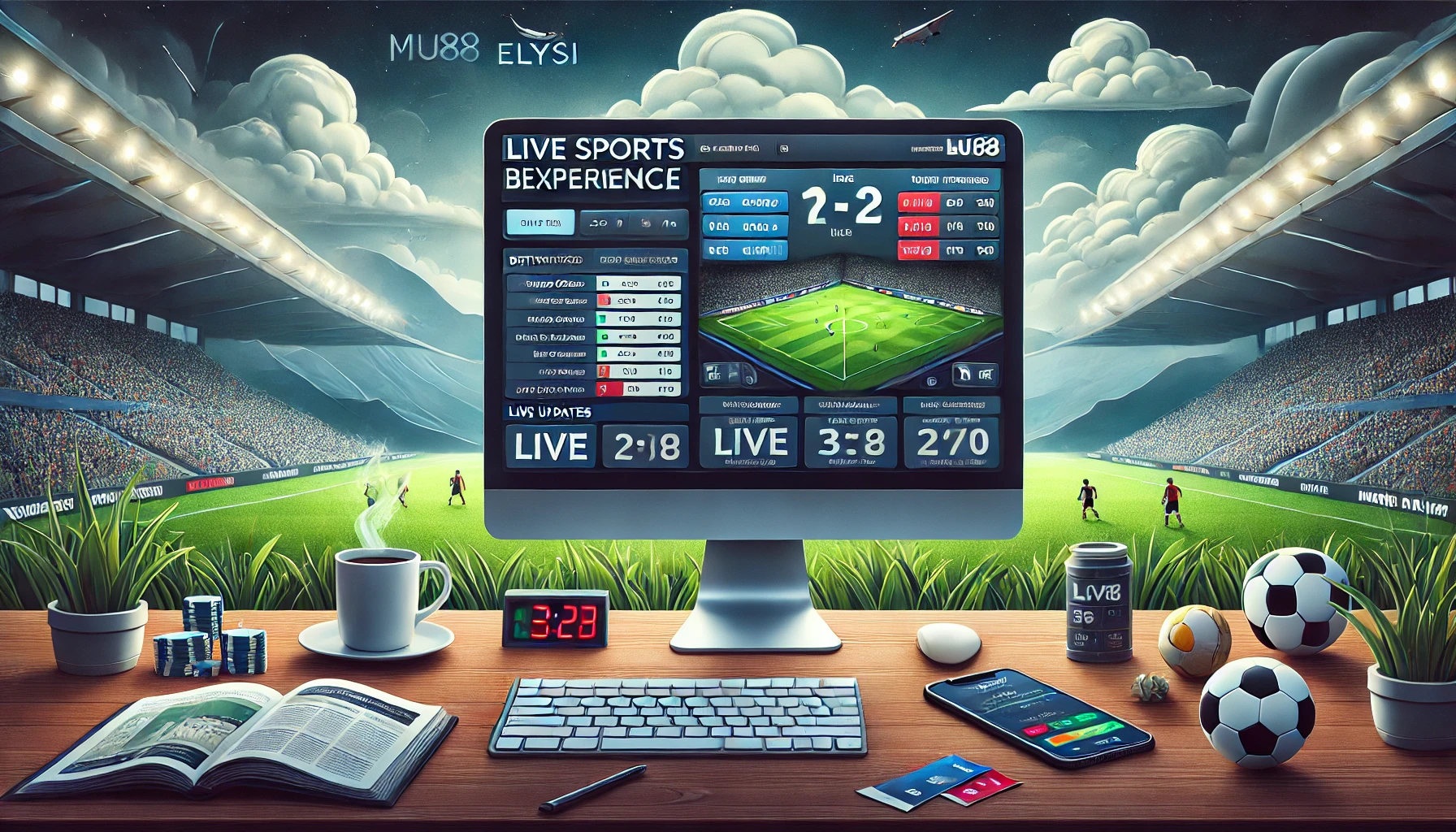

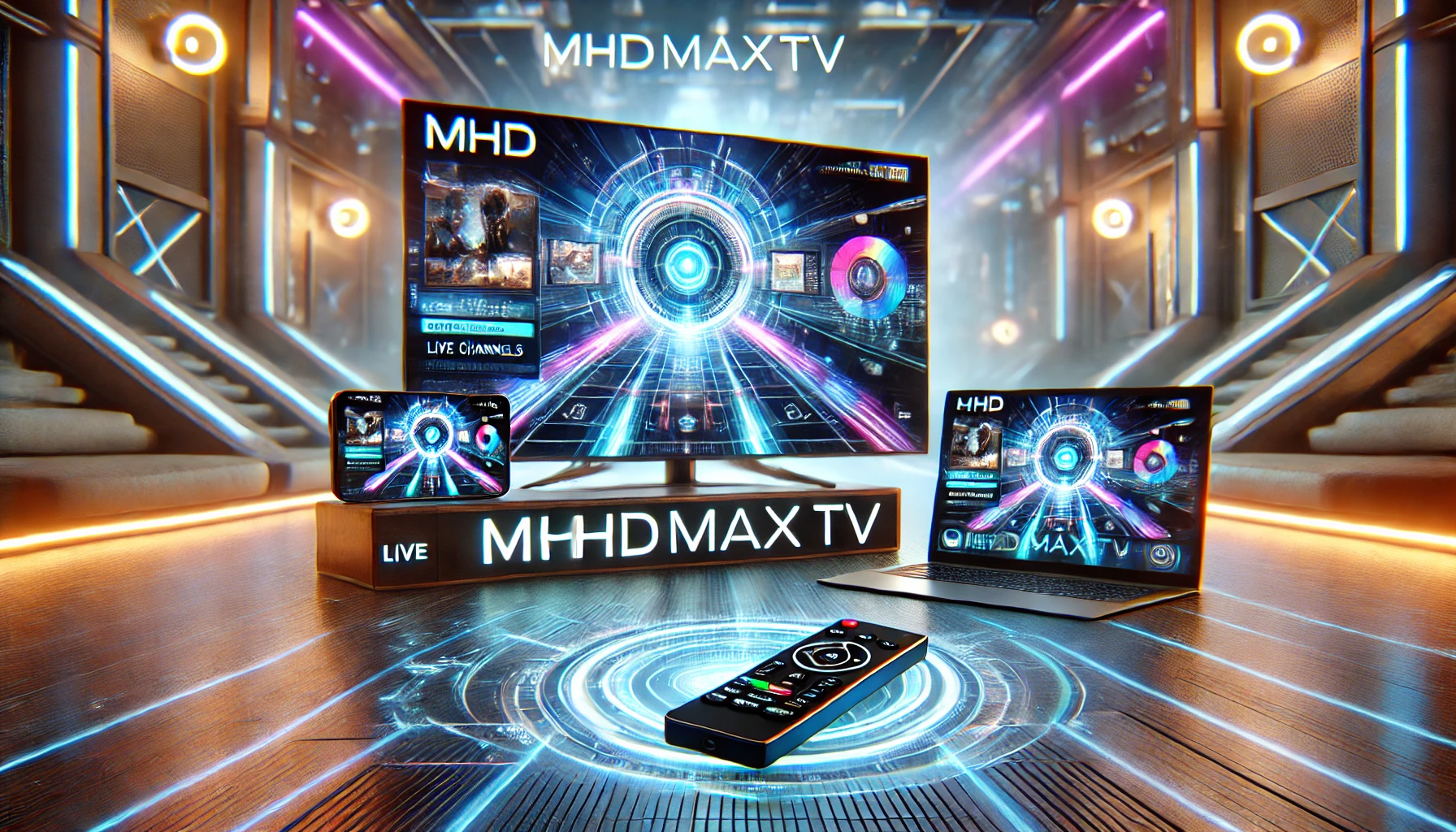



Leave a Reply